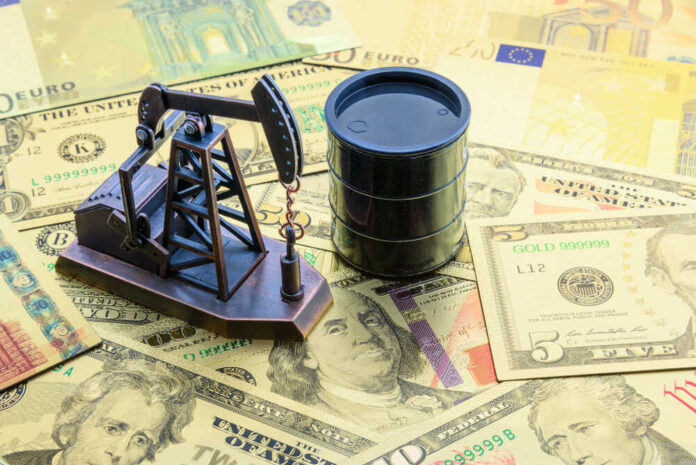
Global markets are braced for an impact from geopolitical concerns that could drive up oil prices due to the confrontation between Israel and Hamas.
As the Israel Defense Forces prepare for a ground invasion in response to Hamas’ unparalleled terror strike last weekend that murdered over 1,300 Israelis, Israel indicated on Sunday that it would continue to let inhabitants of Hamas-controlled Gaza flee to the south.
While the S&P 500 index was down 0.5% on Friday, oil prices climbed over 6% as investors factored in the risk associated with a wider Middle East conflict. As an Israeli gas field that serves Egypt and Jordan was temporarily shut down, heightening fears about supply, natural gas prices in Europe spiked to their highest levels since March.
Gold prices increased by over 3% as investors sought safety, while the US currency rallied to a one-week high and Treasury bond prices rose.
Although the Israeli shekel is at a seven-year low of 3.87 against the dollar, the market reaction in the first week of the war was relatively modest. To steady the shekel, Israel’s central bank dumped as much as $30 billion in foreign currency reserves onto the market last week.
According to Bernard Baumohl, chief global economist at The Economic Outlook Group, if the war escalates, it would likely cause inflation to soar, prompting central banks to hasten interest rate hikes to limit the price spike.
He pointed out that while interest rates would rise in most nations under this scenario, the United States might be an exception if investors poured money into Treasurys, bringing lower rates and a stronger dollar.
UniCredit’s chief economics adviser, Erik Nielsen, stated, “I have no clue whether markets will continue relatively well-behaved.” Whether or not this latest crisis spreads to the rest of the Middle East will likely be a deciding factor.














